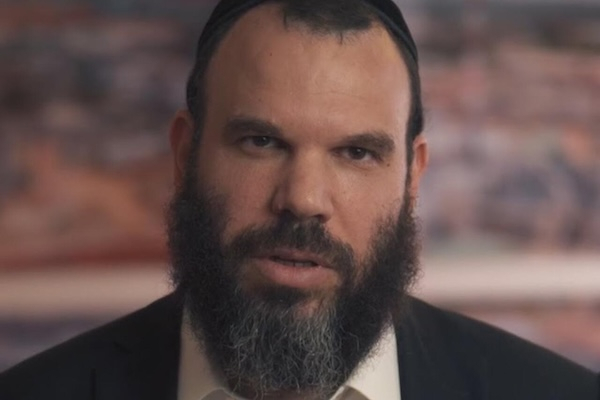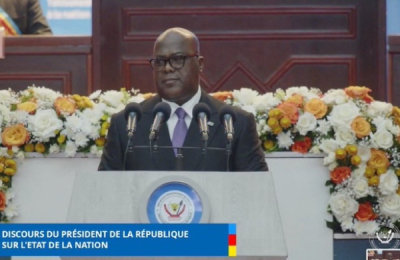• Dan Gertler’s testimony details secretive payments and complex asset structures that enabled private — and often foreign — interests to control the DRC’s critical mining resources.
• Gertler admits to providing cash loans directly to the Central Bank and state companies, revealing weak financial oversight during the Kabila era.
• Despite some recent reforms, transparency and governance problems persist, hindering the DRC’s ability to maximize benefits from its vast copper and cobalt reserves.
Israeli businessman Dan Gertler’s testimony has exposed mismanagement in the Democratic Republic of Congo’s mining sector under President Joseph Kabila from 2001 to 2019. His statements are part of an April 2024 arbitration ruling in Israel, tied to a dispute with former partners Moises and Mendi Gertner. Bloomberg reported the contents on July 14, 2025, citing the NGO PPLAAF as the source.
Though Gertler denies any wrongdoing, he has faced U.S. sanctions since 2017 for allegedly amassing wealth through shady mining and oil deals in the DRC. In his testimony, he admitted to paying large sums to Kabila's close ally, Augustin Katumba Mwanke, to obtain permits—bolstering long-standing corruption allegations.
Cash Loans to BCC
Gertler’s testimony also highlights the opaque structuring of interests in gold, iron, and copper mining permits involving himself and Augustin Katumba Mwanke. Several assets were deliberately placed in separate legal entities, in accordance with their arrangements. Gertler claims he held mining stakes worth several hundred million dollars on behalf of Katumba, while remaining unaware of other Congolese stakeholders involved. This layered structure complicated oversight and enabled both private and foreign actors to indirectly influence the control of strategic Congolese mineral resources.
In addition, Gertler acknowledged providing “cash loans” to the Central Bank of Congo (BCC) and the state-run diamond company MIBA. He defended this by citing the absence of a functioning banking system at the time. Nonetheless, these transactions expose a troubling lack of oversight in financial flows within the DRC’s extractive industry.
The arbitration ruling, spanning over 1,200 pages and grounded in more than 10,000 pages of testimony and exhibits, did not aim to assess the legality of the transactions. The arbitrator found no compelling proof of corruption or illicit payments. Still, the disclosures echo long-standing criticisms of governance in the mining sector—use of front men, absence of transparency regarding beneficial owners, murky licensing processes, and informal, loosely regulated financial practices.
EITI Notes Progress
Corruption remains a serious concern in the Democratic Republic of Congo’s extractive industries. Major players like Glencore Plc have faced legal consequences, paying hundreds of millions of dollars in fines and settlements across multiple jurisdictions—including the U.S., U.K., Switzerland, and the DRC—for corrupt practices linked to mining asset acquisitions.
Dan Gertler’s involvement continues to attract scrutiny. Despite agreeing in 2022 to surrender some assets, recent tax proceedings confirm that he still benefits from royalty rights in three large-scale copper and cobalt projects. His ongoing presence highlights the persistence of opaque financial arrangements in the sector.
The DRC has made incremental progress. EITI’s 2024 report notes the country's commitment to beneficial ownership transparency, with public disclosures dating back to 2015—though data gaps remain. The 2018 mining code mandates the publication of contracts and permits, but implementation remains inconsistent. The IMF, in its January 2025 report, acknowledged advances in reform, while urging the DRC to strengthen enforcement and reduce loopholes—particularly the 25% threshold for beneficial ownership, which remains too permissive.
Economic Stakes
Further governance concerns arise from the government's recent decision to require oil exports to use officially approved charterers. While intended to improve control over export logistics, this raises new questions about the accountability and transparency of intermediaries.
The Democratic Republic of Congo relies heavily on its mining sector, making transparency vital for economic growth. In 2024, the country produced 3.3 million metric tonnes of copper—a 12.6% year-on-year increase—ranking it second globally. It remains the world’s top cobalt producer, with 170,000 tonnes extracted and reserves estimated at 6 million tonnes.
Mining accounts for roughly 6% of national GDP and provides 40% of government income. Stronger governance would help the DRC maximize revenues, attract responsible investors, improve wealth distribution, and meet international expectations for ethical supply chains of key minerals like copper and cobalt.
This article was initially published in French by Georges Auréole Bamba
Edited in English by Ange Jason Quenum










